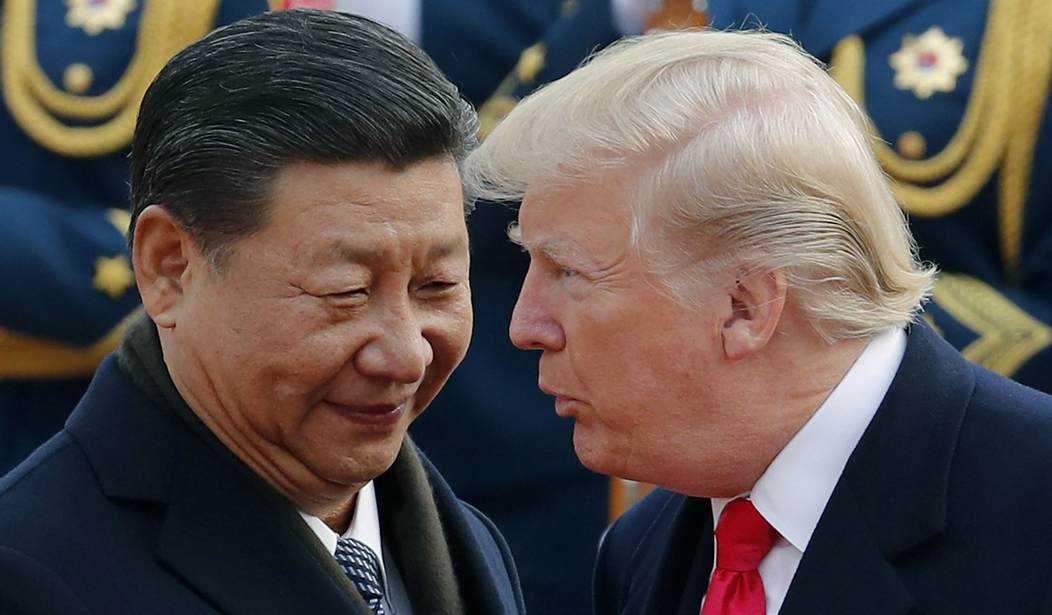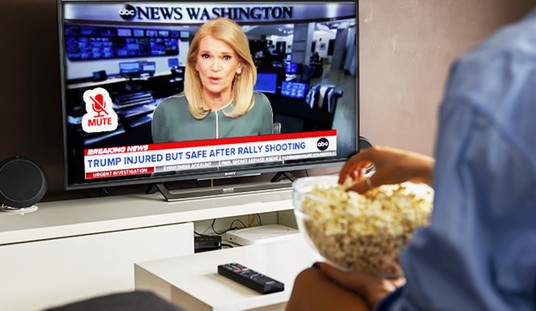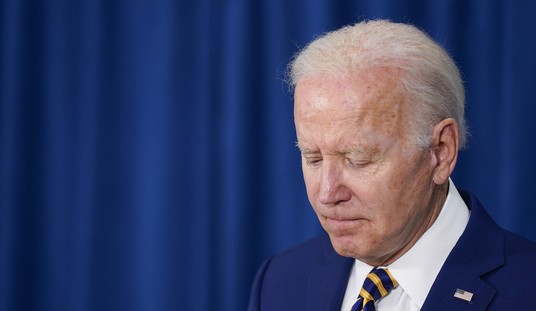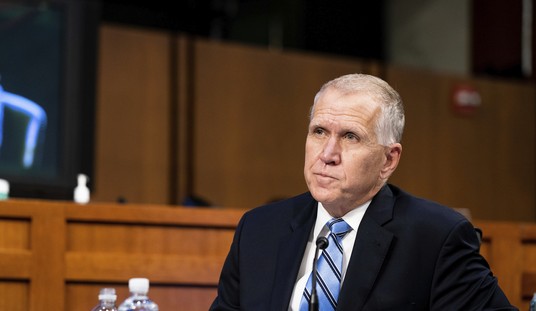Over the weekend representatives from the United States of America and the Chinese Communist Party met in Geneva, Switzerland to negotiate new trading parameters. Deals have already been made and further negotiations are already underway, with an agreement for both sides to reduce tariff percentages on imports.
The U.S. and China issue a joint statement about the ongoing talks. Here it is in full, courtesy of the White House:
The Government of the United States of America (the “United States”) and the Government of the People’s Republic of China (“China”),
Recognizing the importance of their bilateral economic and trade relationship to both countries and the global economy;
Recognizing the importance of a sustainable, long-term, and mutually beneficial economic and trade relationship;
Reflecting on their recent discussions and believing that continued discussions have the potential to address the concerns of each side in their economic and trade relationship; and
Moving forward in the spirit of mutual opening, continued communication, cooperation, and mutual respect;
The Parties commit to take the following actions by May 14, 2025:
The United States will (i) modify the application of the additional ad valorem rate of duty on articles of China (including articles of the Hong Kong Special Administrative Region and the Macau Special Administrative Region) set forth in Executive Order 14257 of April 2, 2025, by suspending 24 percentage points of that rate for an initial period of 90 days, while retaining the remaining ad valorem rate of 10 percent on those articles pursuant to the terms of said Order; and (ii) removing the modified additional ad valorem rates of duty on those articles imposed by Executive Order 14259 of April 8, 2025 and Executive Order 14266 of April 9, 2025.
China will (i) modify accordingly the application of the additional ad valorem rate of duty on articles of the United States set forth in Announcement of the Customs Tariff Commission of the State Council No. 4 of 2025, by suspending 24 percentage points of that rate for an initial period of 90 days, while retaining the remaining additional ad valorem rate of 10 percent on those articles, and removing the modified additional ad valorem rates of duty on those articles imposed by Announcement of the Customs Tariff Commission of the State Council No. 5 of 2025 and Announcement of the Customs Tariff Commission of the State Council No. 6 of 2025; and (ii) adopt all necessary administrative measures to suspend or remove the non-tariff countermeasures taken against the United States since April 2, 2025.
After taking the aforementioned actions, the Parties will establish a mechanism to continue discussions about economic and trade relations. The representative from the Chinese side for these discussions will be He Lifeng, Vice Premier of the State Council, and the representatives from the U.S. side will be Scott Bessent, Secretary of the Treasury, and Jamieson Greer, United States Trade Representative. These discussions may be conducted alternately in China and the United States, or a third country upon agreement of the Parties. As required, the two sides may conduct working-level consultations on relevant economic and trade issues.
























Join the conversation as a VIP Member